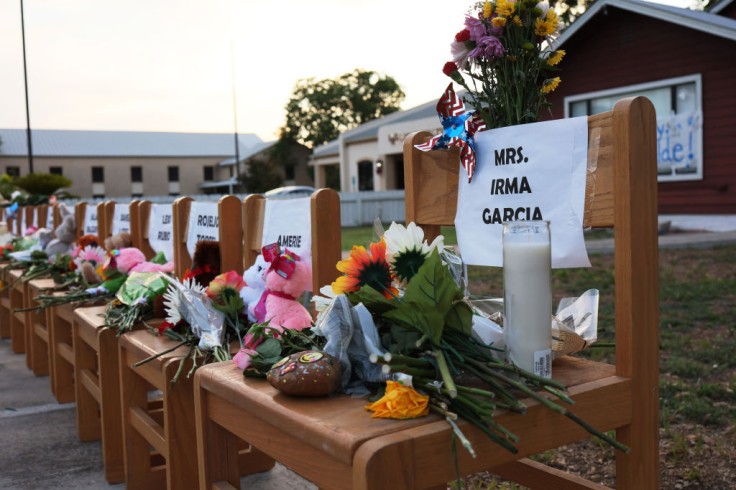
The shooting at Robb Elementary on May 24 in Uvalde, Texas, killed 19 elementary school children and two teachers. The shooter, Salvador Ramos, 18, was also killed by the police. The Uvalde shooting is the second deadliest school shooting in U.S. history and marks the 27th school shooting this year.
Education Week has recorded 119 school shooting incidences since 2018. The highest number of shootings occurred last year, totaling 34. Ten (10) shootings were recorded in 2020, and 24 shootings happened in 2019 and 2018.
The school shooting has been so typical that Steve Kerr, the Golden State Warriors basketball team head coach, stopped the pre-game interview to say he did not want to talk about basketball. Instead, he asked why school shooting has become all too common.
After years of studying shooting patterns, school safety experts and the U.S. Secret Service recommend the following measures to schools and the community to prevent another school shooting.
These measures are:
1. It is not a good idea to arm teachers.
According to the survey, most school teachers do not want to carry guns. Most educators also favor gun control measures over security measures meant to "harden" schools. To prevent school shootings, 57 percent of teachers favor universal background checks, and 57 percent also agree with banning the sale of semiautomatic weapons.
2. Increase the age of gun ownership to 21.
School safety researchers suggest adding more years to age limits for gun ownership. The researchers say that 18-year-old is a very young age to acquire a gun, as a teenage brain is too impulsive. Experts also cited that school shooters in Parkland, Santa Fe, Newtown, Columbine, and Uvalde were all under 21 years of age.
School safety researchers also recommend universal background checks and banning assault-style weapons. The U.S. Secret service cites a 2019 report that half of the school shootings they studied used guns that shooters easily accessed at home.
3. Support the social and emotional needs of students in school.
In its study, the Secret Service found that most school attackers were bullied. An NPR report stated that experts also recommend schools do anti-bullying training for staff and teachers, adult supervision, monitoring of school halls, and establishing mechanisms to report hostile behaviors anonymously in schools to make the school environments safer.
They also recommend implementing a threat assessment model where a team of trained staff, the counselor, and a law enforcement representative work together to identify and support students in crisis to prevent them from harming themselves or others.
4. Maximize available resources to help implement these recommendations.
Resources are necessary to implement recommendations or plans. One possible source of funds is the pandemic, federal aid, which allows the school to hire mental health support staff. As per the White House, the federal COVID relief money has increased social workers to 65 percent, while counselors have increased to 17 percent.
Related Article: Uvalde Shooting: Family Says More Could Have Been Done to Save Lives